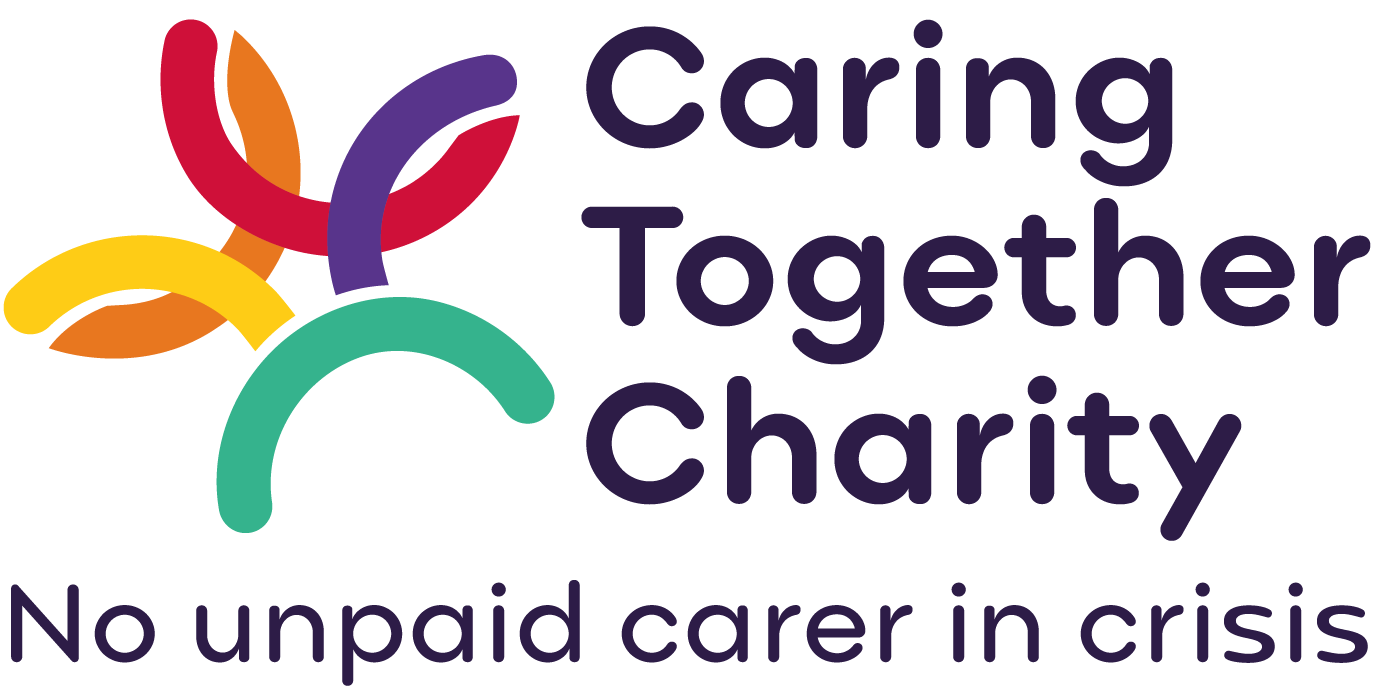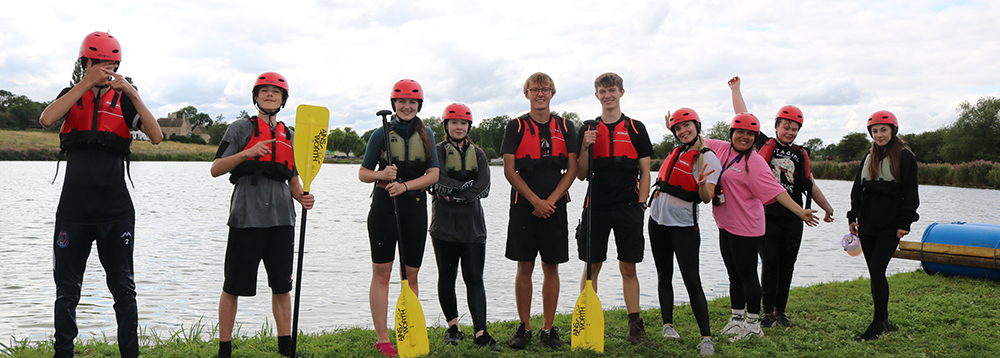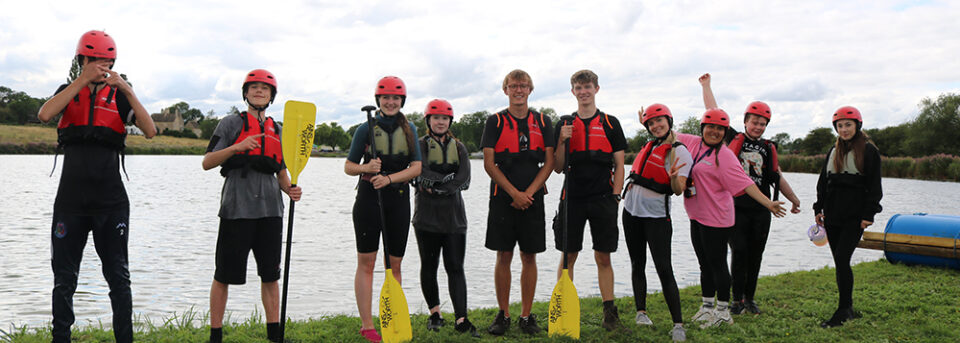Three in five of us will care for someone in our lifetime
A carer is any of us who cares, unpaid, for a family member or friend who due to illness, disability, a mental health problem or an addiction, cannot cope without our support.
Many of us who look after someone do not see ourselves as family carers. It normally takes two years for people to recognise themselves as being a carer.
Caring Together are here to help you if you are a carer in Cambridgeshire, Peterborough or Norfolk. It is easy to ask for support.
Our website has information on the support we have for adult carers including groups for carers, emergency planning and carer voice. There is also support and information available for young carers. We offer homecare, which can play an important part in looking after the person you care for and in giving you a break. We also have information on subjects such as carer’s assessments. The advice section of our website may also be helpful to you.
If you want to be kept up to date on our news and information for carers, or for people who are involved in helping and supporting carers in a professional or volunteer role, you can sign up to receive Inside news for carers every month.
You can call us on 0345 241 0954 or email us at [email protected]
Stay updated with inside news
Inside news is for carers, those who support carers, and everyone who has an interest in ensuring carers of all ages are properly recognised and supported. Whatever your role, we want to ensure you have the information you need – to make a difference to you and so you can make a difference to others.
You can sign up at caringtogether.org/keepintouch
Not sure if you are a carer?
Do you help a family member, child, friend or neighbour that:
- is frail
- has a disability or special needs
- has a chronic illness and/or
- has a mental illness
- has dementia/Alzheimer’s
- has a substance misuse problem with drugs or alcohol.
Do any of these statements apply to you?
- Is this help regular and ongoing?
- Does this help involve showering, toileting, dressing or other personal care?
- Does this help involve cleaning, cooking, shopping, transport and/or assistance with bills or other paperwork?
- Does this help involve medication or other health care?
- Would this person have difficulty managing on their own if you could not provide regular and ongoing support?
- Do you receive Carers Allowance or no payment at all?
If any of the above statements apply to you, we are here to help you.
Can you recognise a carer?
Other people, and especially other carers, can often recognise that someone is a carer before they see it themselves. Even so, it can still be difficult to start talking to them about their caring role without it feeling intrusive. Below we have listed some helpful conversation starters.
It might help to think about when you first realised you were a carer and how that felt. How would you have liked people to approach you? Did you feel you had to prove you could carry on without help?
People often just need encouragement to pause and think about what they actually do. If you’re uncomfortable asking about a caring role directly, you could start by talking about the situation positively, then lead into gentle questions and information:
“What you do is really amazing. How do you manage to fit in your hobby/seeing people these days?”
You could prompt a chat about how they’re feeling:
“You’re so busy helping her. How do you manage it all so well?” or
“Taking care of them must be difficult at times. How do you find time to look after yourself?”
If you’re concerned about a person’s wellbeing, let them know. They may not have stopped to think about the impact of looking after someone on their own health.
A carer may be totally unaware there is a caring community out there. You could ask,
“Have you thought about talking to someone in a similar situation?” Followed by details of local groups.
Even if someone thinks they are a carer, asking for help may not be easy. Letting them know about the support you have could help,
“It looks like you do loads. I find homecare really gives me a break. Do you think that might be useful?”







